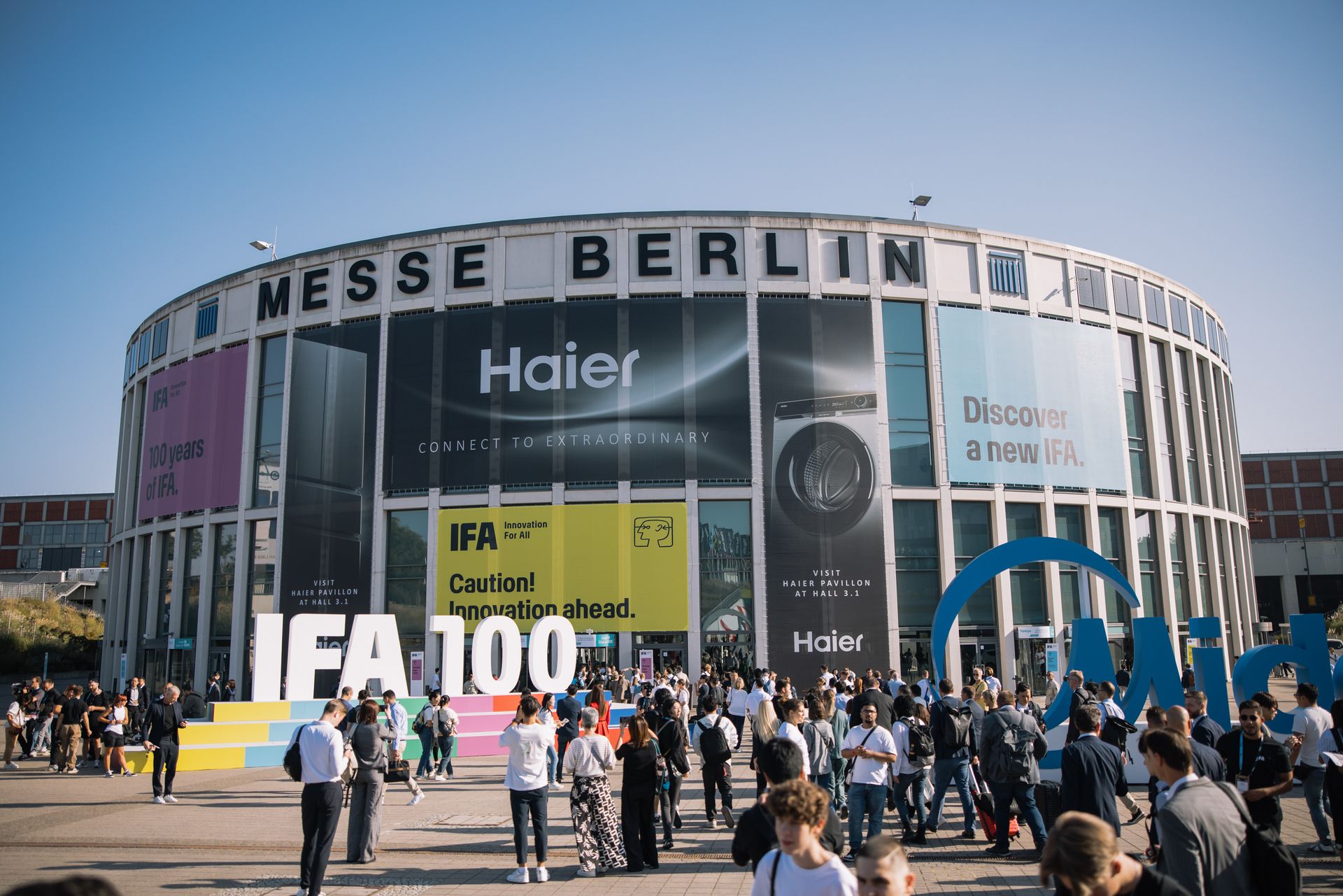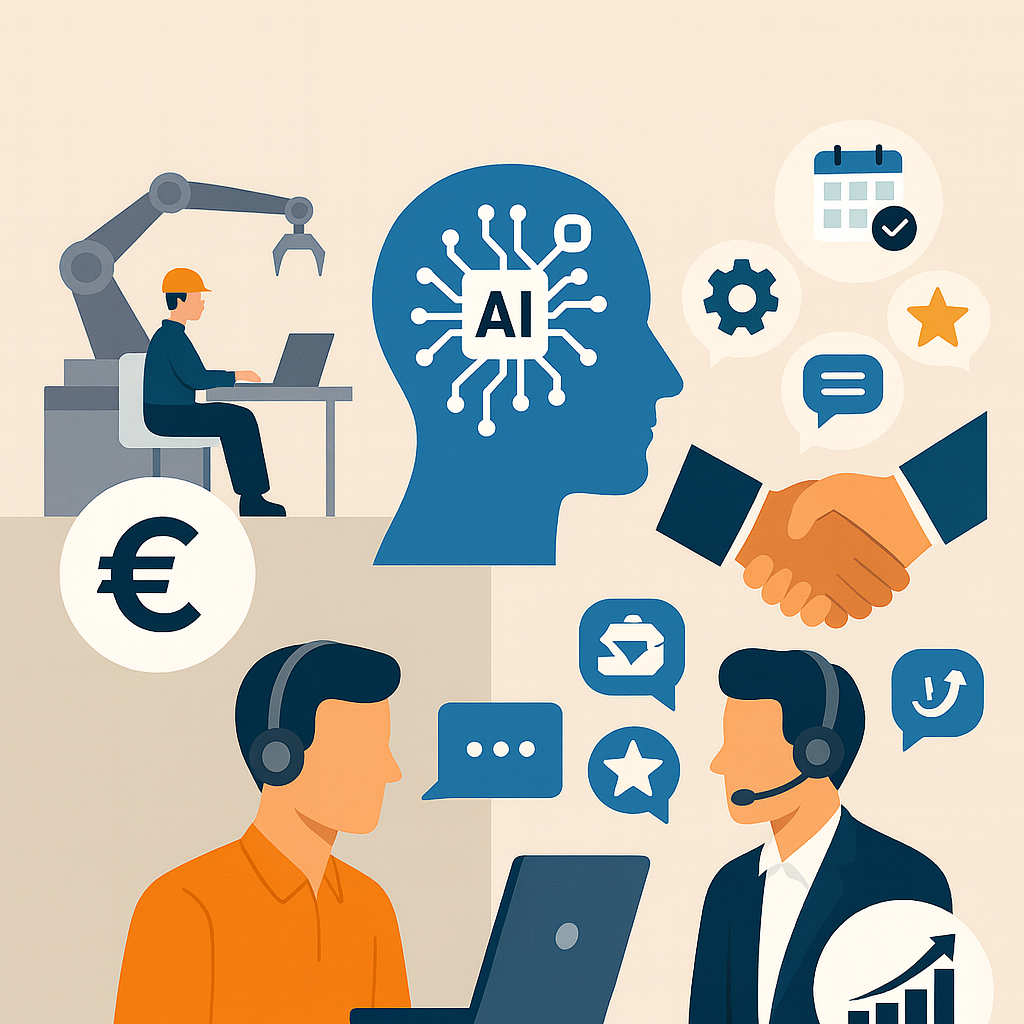We are ready for IFA Next 2025!

Things5 at IFA 2025: Artificial Intelligence for Connected Products and Machines

Sara Strizzolo
22 Luglio 2025
After the excitement of CES in Las Vegas, Things5 is heading to Berlin for Europe’s most anticipated tech event:
IFA 2025, one of the world’s leading trade shows for technology and consumer electronics.
Why visit IFA Berlin 2025
Every year, thousands of companies, startups, and media outlets from around the globe gather at IFA to explore the future of technology. With over 215,000 visitors expected, it’s the ideal meeting point for anyone aiming to stand out in today’s tech landscape.
Things5 will exhibit at IFA Next, the most dynamic and forward-thinking area of the show. IFA Next brings together startups, early adopters, and disruptive innovation — a hub where technology, research, and entrepreneurship come together to turn ideas and prototypes into real-world solutions.
This year’s slogan,
“Innovation for all,” couldn’t resonate more with our mission: Technology should be simple, useful, and make everyday life better. The core themes of IFA 2025?
Artificial Intelligence, computing power, sustainability, and software
- four forces shaping how we live and work. And we’ll be there to show you how
Genuin is part of that transformation.
Genuin: Build AI Agents for connected machines and devices
In Berlin, we’ll unveil the preview of Genuin, our no-code platform that lets you:
- Build custom AI agents in just a few minutes
- Describe functions in natural language - as if talking to a teammate
- Easily integrate APIs and MCP systems
- Connect your agents to IoT or locally connected devices
With its integrated app, Genuin combines voice commands, a generative UI, and AI to turn any product or machine into a smart, interactive agent - capable of real-time communication with the user.
Where to Find Us at IFA Next
- Hall 25 – Stand 279
- Messe Berlin, September 5 - 9, 2025
Can’t attend IFA but want to learn more about Genuin?





